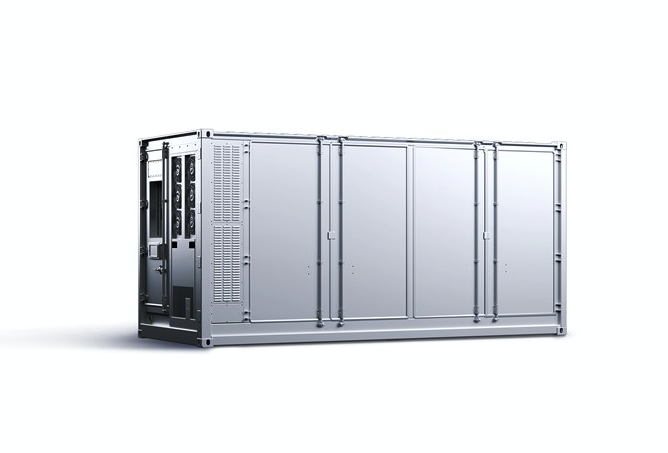- Global Chinese energy storage systems manufacturer, Contemporary Amperex Technology Co., Limited (CATL) unveiled TENER, the world’s first mass-producible energy storage system with zero degradation in the first five years of use in Beijing, China.
- Featuring all-round safety, five-year zero degradation and a robust 6.25 MWh capacity, TENER is the market leader in the sector.
While preventing the degradation of capacity over the first five years of use is a significant advancement in increasing the lifespan of batteries, the zero degradation of power is also important for energy storage power plants aiming to meet the requirements of new electric power systems. Leveraging biomimetic SEI (solid electrolyte interphase) and self-assembled electrolyte technologies, TENER has cleared roadblocks for the movement of lithium ions and achieved zero degradation for both power and capacity, ensuring zero growth of auxiliary power consumption throughout full life cycle, thereby creating “ageless” energy storage system.
Powered by cutting-edge technologies and extreme manufacturing capabilities, CATL has resolved the challenges caused by highly active lithium metals in zero-degradation batteries, which effectively helps prevent thermal runaway caused by oxidation reaction.
TENER achieves an impressive 6.25 MWh capacity in the TEU container, representing a 30% increase in energy density per unit area and a 20% reduction in the overall station footprint, thus enhancing energy density and efficiency through innovative design within a limited space.
CATL’s cutting-edge cell technology supports the outstanding performance of the system. TENER is equipped with long service life and zero-degradation cells tailored for energy storage applications, achieving an energy density of 430 Wh/L, an impressive milestone for LFP batteries used in energy storage.
Dedicated quality management system to ensure ultimate safety
To achieve ultimate safety in energy storage, CATL has established a dedicated, end-to-end quality management system that includes technology development, proof testing, operation monitoring, and safety failure analysis. It sets different safety goals as required by different scenarios, and then develop the corresponding safety technology to meet those goals. In order to ensure the effectiveness of such technologies, CATL has built a validation platform to simulate the safety test of energy storage systems in different power grid scenarios. After the project is put into operation, CATL continuously monitors its operation status through AI-powered risk monitoring and intelligent early warning, calculates the failure rate of energy storage products throughout their life cycle, and thus verify the safety design goals and continue optimising them.
CATL has reduced the failure rate to the PPB level for cells used in TENER, which, when extended to the operation throughout its full lifecycle, can effectively lower operating costs and significantly enhance IRR (internal rate of return).
CATL is ranked first in market share of global energy storage battery shipments for three straight years, with a global market share of 40% in 2023. In its latest annual report, it said that its sales of energy storage battery systems hit 69 GWh in in 2023, representing a year-on-year increase of 46.81%.
Author: Bryan Groenendaal















